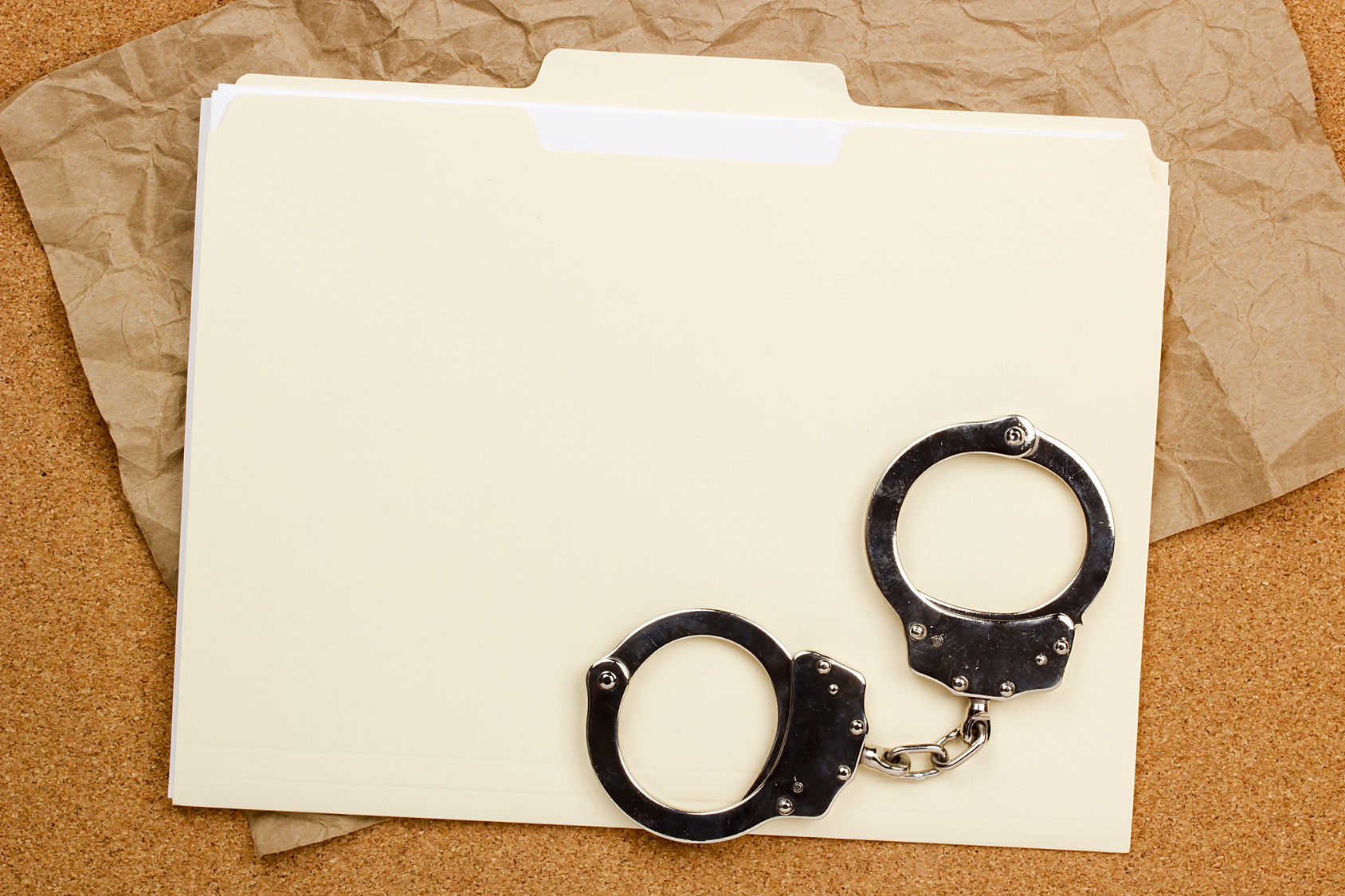EXPUNGEMENT BASICS

Your mistakes do not have to follow you forever. In certain situations, you are able to expunge your criminal record of certain types of information. If you are interested in a record expungement, you should speak to a local attorney about your options.
WHAT IS EXPUNGEMENT?
There are two ways to prevent certain entries on your record from being seen. Those ways are expungement and sealing. While sealing hides parts of your criminal record, the record may still be seen by law enforcement agencies and certain employers who are required by law to perform background checks. In such a case, an employer can only see sealed felony convictions, not sealed misdemeanors or cases for which you were not convicted.
WHAT KINDS OF ENTRIES CAN BE EXPUNGED?
Before we explore which kinds of entries you can have expunged, we need to discuss how these entries work. A RAP sheet is a list of arrests, charges, and court cases, regardless of the outcome. Even if you are found not guilty, the fact that you were charged and the outcome will still be listed on the rap sheet.
Further, you can only expunge criminal entries from Illinois using Illinois law, not federal or out of state entries. Keep in mind that the Criminal Identification Act only applies to criminal records, not civil or traffic offenses. This means that protection orders and other civil matters cannot be sealed or expunged under this Act.
In the event that you were charged and not convicted, your record may qualify for expungement if the outcome of your case was any of the following: Acquittal, Finding of No Probable Cause, Nolle Prosequi, Stricken with Leave, or a Dismissal.
If you have no other convictions and the sentence you received for the offense was in the form of court supervision, your entry may qualify for expungement if it was more one of the following offenses: Operating an Uninsured Motor Vehicle, Suspended Registration for Noninsurance, Displaying a False Insurance, Failure of Scrap Dealer to Keep Records, Domestic Battery, and Criminal Sexual Abuse (of victims 18 and older). You must wait at least 5 years after the final outcome of the case before applying for an expungement.
Regarding felonies, there are limited categories that can be sealed or expunged. Certain probations such as TASC probation and First Offender drug probations may be eligible for sealing or expungement. Other felonies can only be expunged if the Governor authorizes expungement of your record. You must wait for 5 years after the outcome of the case before requesting expungement.
Your entry may be eligible for expungement if the final outcome of your case was a Second Chance Probation for certain charges.
WHO CAN GET A RECORD EXPUNGED?
For the most part, only those who have never been convicted of a criminal offense or municipal ordinance violation are are to have records expunged. Those with convictions of the same may still be eligible for sealing of records, but not for expungement of any records, even for records which you were not convicted.
Good people can make bad mistakes. For those who plan to apply to certain jobs or live in certain places, you need to be able to honestly answer “No” to the question of whether you have been convicted of a criminal offense. As a former prosecutor and police officer, Eugene Fimbianti knows the value of accountability of the law, but understands the need for a second chance. Let The Law Offices of Eugene Fimbianti help you get a second chance by having arrest or conviction records expunged.
CONTACT A JOLIET EXPUNGEMENT LAWYER TODAY
When you are arrested or charged with an offense, a criminal record is created, even if you are found not guilty. These criminal records can be viewed by the public, including potential employers. Expungement erases arrests, court supervisions, and some types of probation from your criminal record.

